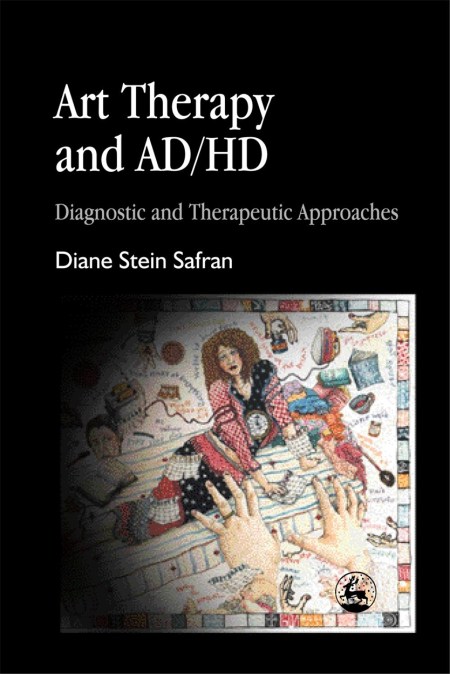Attention Deficit/Hyperactivity Disorder is increasingly being diagnosed in people of all ages, and this book demonstrates how art therapy can not only assist with diagnosis, but also provides a valuable means of helping to improve skills such as concentration and focus, boost self-esteem, and cope with impulsivity. Educational social skills art groups can help with understanding of AD/HD in addition to teaching strategies to relieve the symptoms. Art therapy is also important for alleviating feelings of isolation and confusion that may come with the diagnosis, and, as an ongoing process, it can be a useful tool for checking clients’ progress from the initial assessment onwards.
In the first part of her book, the author explores ways of using art therapy and of setting up art therapy groups. Her advice and practical suggestions will be useful to anyone with an interest in AD/HD. The later chapters offer therapists more detailed guidance on therapy sessions with clients with AD/HD. Practical and informative, and based on the author’s long experience with art therapy and AD/HD, this will be a valuable book for therapists, mental health professionals, and people who live or work with AD/HD.
In the first part of her book, the author explores ways of using art therapy and of setting up art therapy groups. Her advice and practical suggestions will be useful to anyone with an interest in AD/HD. The later chapters offer therapists more detailed guidance on therapy sessions with clients with AD/HD. Practical and informative, and based on the author’s long experience with art therapy and AD/HD, this will be a valuable book for therapists, mental health professionals, and people who live or work with AD/HD.
Newsletter Signup
By clicking ‘Sign Up,’ I acknowledge that I have read and agree to Hachette Book Group’s Privacy Policy and Terms of Use
Reviews
The major part of the book is taken up with these case studies, and with descriptions of therapy groups together with the positive outcomes for many of the participants. This aspect of the book provides a lot of very useful and practice advice for therapist. Much of this information about planning and methods could also be very helpful to teachers.
This book is a welcome addition to the art therapy literature and should be read by those who specialise in this field or who are planning to start art therapy groups for these clients.

